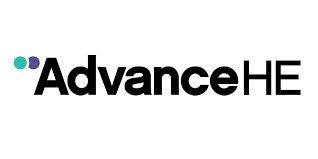Reflecting on the innovative use of AI as a panellist at the most recent NETworking & Innovation in Healthcare Education Conference in Liverpool, Juliette Morgan, Senior Consultant at Advance HE, shares her thoughts on the potential for AI technology to shape the future of scholarly discourse.
AI and the use of cutting-edge technology is reshaping traditional academic practice, opening up new horizons for knowledge dissemination. One such innovation gaining traction is the use of AI to support conference delivery, particularly in academic panels at conferences and symposia. Imagine a scenario where alongside human experts, an AI counterpart actively contributes to discussions, offers insights and engages with attendees. This concept not only enriches the conference experience but prompts the exploration of the potential of AI in scholarly discourse.
The rise of AI panellists
AI technologies have ushered in new possibilities in academia. As conferences foster interdisciplinary dialogue and harness expertise, the inclusion of AI panellists emerges as a step towards helping to achieving these goals. By leveraging AI, the breadth and depth of discussions can be augmented, specialised knowledge domains can be explored and engagement with innovative perspectives is exposed.
Creating your own AI panellist
The process of incorporating AI as a panellist begins with the development of a bespoke AI 'bot' tailored to the conference theme and audience. Utilising user-friendly platforms to create an AI chatbot capable of engaging in meaningful conversations and providing insights on relevant topics is crucial in setting up this opportunity, and defining the expertise and persona of the AI panellist. Curating the content and training the bot to ensure it aligns with the conference objectives is all part of the process.

